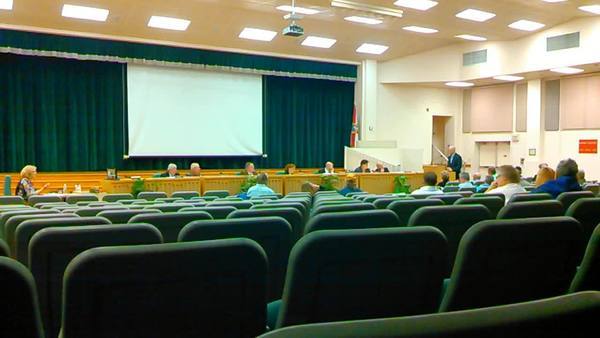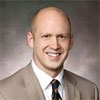FERC just let slip the wolves of sun and wind by enabling the storage that those sunny twenty-first-century “aggregated distributed energy resources” (DER) will use to blow down the straw houses of traditional twentieth-century so-called baseload capacity coal, oil, and nuclear power plants.
FERC Commissioner Robert F. Powelson called out the “participation model” Thursday’s twin orders enable, bypassing many traditional charges by accounting for physical characteristics that do not change over time, recognizing that batteries, sun, and wind power are basically different from old-style dinosaur power plants. Commissioner Neil Chatterjee named Senators Ed Markey and Sheldon Whitehouse as proponents of these new rules, which is very interesting since both have long been proponents of renewable energy, and Sen. Whitehouse called out FERC for failing to implement the DC Circuit Court’s Order on greenhouse gases. Commissioner Cheryl A. LaFleur said “Electric storage is like a ‘Swiss army knife’”. Maybe more like the South Australian storage utility player that has already out-responded natural gas during coal plant outages. Commissioner Richard Glick says sun and wind power “no less than energy storage, have the potential to play a leading role in the electric grid of the future”. None of the Commissioners could bring themselves to say what they all know: sun, wind, water power with storage will be the electric grid of the future. Former FERC Chair Jon Wellinghoff and I were right in 2013: solar power will provide more U.S. electricity than any other source by 2023, on the way to complete conversion of everything to sun, wind, water, and storage by 2050.

Giles Parkinson, Reneweconomy, 23 January 2018,
Tesla big battery moves from show-boating to money-making.
Gavin Bade, UtilityDive, Feb. 15, 2018, FERC issues storage, reliability orders, calls conference on aggregated DERs, Continue reading




![[Project Location and Potential Pipeline Alignment]](https://www.wwals.net/pictures/2015-01-29--falling-creek-aquifer-recharge/50dcffe5ebd5ecaad9e46d02f682ec68.jpg)